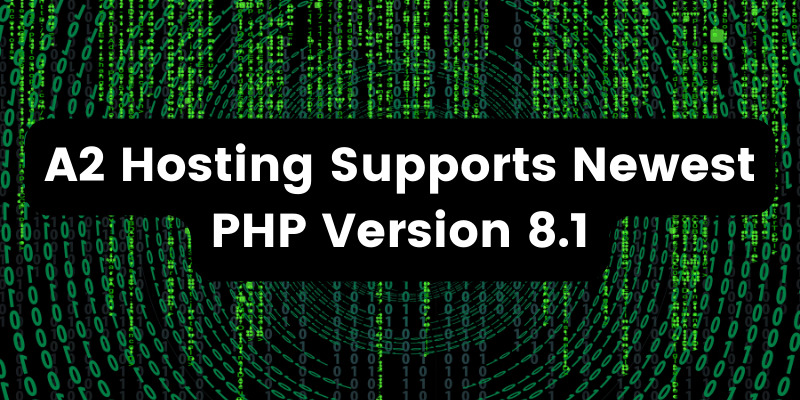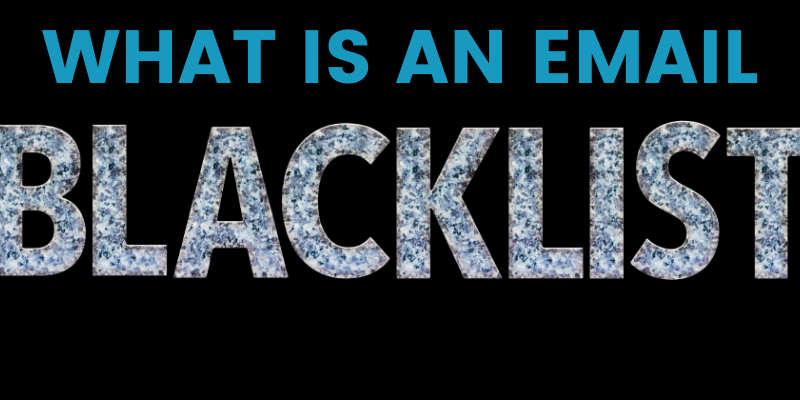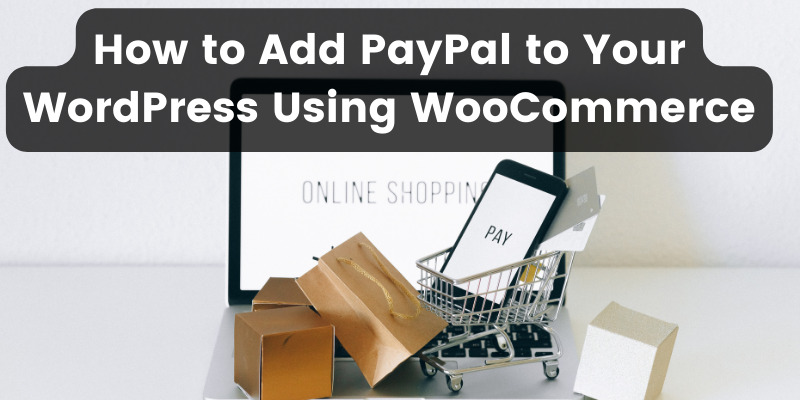- Mar 31, 2020
 0
0- by A2 Marketing Team
The basis of most successful websites is a solid Content Management System (CMS). Without a quality platform, you may struggle to build your site. The wrong choice can impact your day-to-day maintenance tasks, and make it difficult to enact even the simplest of changes.
That’s where Drupal 9 comes in. It’s a free and open-source CMS that provides users with an intuitive back end to keep site management simple. In terms of features, it offers a range of themes and add-ons to support you as you create your website.
In this article, we’ll first go over what a CMS is, and then take a look at Drupal 9. We’ll also compare the current version to earlier iterations. Let’s dive in!
An Introduction to CMSs
While similar in several ways, a CMS differs from a website builder. The latter streamlines page creation, but limits customization options to preset templates and other components.
Website builders are often intuitive to use, making them appealing to beginners. However, like IKEA furniture, they may not give you the flexibility you need to add more complicated features. Instead, you might be stuck with whatever designs and functionality the platform provides.
By contrast, a CMS provides the fundamentals of your dream website but allows you to do much more. For instance, you can typically enhance a high-quality CMS with third-party add-ons, themes, and plugins to achieve unique designs and functionality with ease.
These tools enable you to modify your website to your heart’s content, and give both the front and back ends extra functionality you may want. Plus, you can usually apply custom code of your own as well.
However, unlike with a website builder, you’ll need to find your own hosting provider to accommodate your site. Some people also see CMSs as more difficult to use, although they’re definitely still user-friendly enough for beginners to pick up with a little practice.
A Look at Drupal 9 (And How It Compares to Previous Versions)
Drupal is an open-source CMS that emphasizes flexibility, ease-of-authoring, and the ability to customize your website. The latest version of the platform to be released in a stable form is Drupal 9:
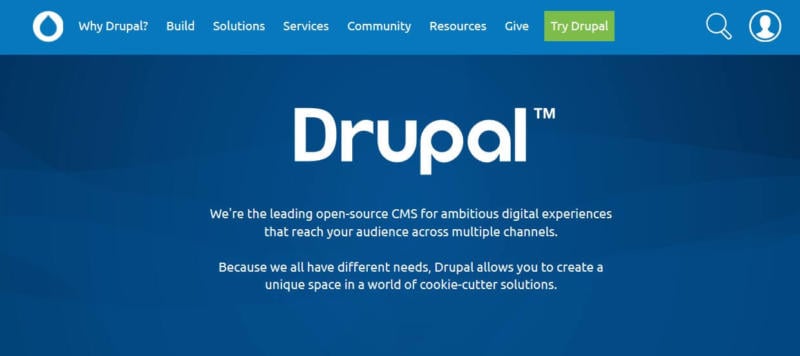
You can enhance Drupal with different themes and thousands of add-ons called ‘modules’. They provide a wide range of functionalities to your site, including connecting it to Google Analytics, building front end features such as forms, and providing access to code libraries.
Drupal 9 is largely unchanged from the previous version, Drupal 8. In fact, the developer states that they built the new iteration mostly within the architecture of its predecessor. However, it still includes some valuable updates.
For starters, the Drupal 9 cleans up deprecated code from prior versions. It also features upgraded third-party software, as the earlier iterations were coming to the end of their life cycle. Specifically, platforms including Symfony 3 and Twig have released newer versions, which Drupal is now compatible with.
Certainly, the changes are more subtle compared to the transition from Drupal 7 to Drupal 8. Indeed, its immediate predecessor included drastic updates including enhanced support for mobile responsiveness, improved editing and uploading for the authoring system, and the introduction of Twig as the default template engine.
Although most of the enhancements in Drupal 9 are more behind-the-scenes features, they’re still important. Cleaner code should bring tighter security and better performance to your site. Both are key to your online content’s continued success.
Taking the Next Steps With Drupal 9
If you’ve decided that Drupal 9 is the CMS for you, your next step is investigating which hosting plans are available to support it:
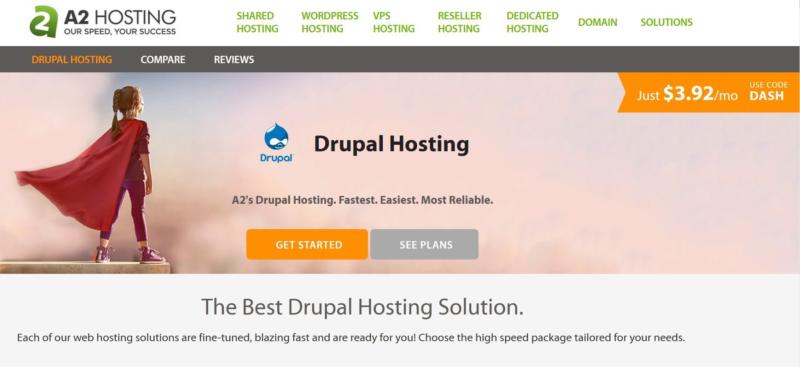
Here at A2 Hosting, we offer scalable plans with lightning-fast speeds. Our services include uptime guarantees, as well as Turbo Servers providing performance 20 times faster than competitors.
Our Drupal Lite hosting option starts at $3.92 per month, but you can scale up to the Turbo plan for less than $10 monthly if you need additional features. We also offer a money-back guarantee, so you can confidently test our services out to see if they’re for you.
With A2 Hosting, Drupal will come auto-installed on your server. This saves you from the hassle of setting everything up yourself, enabling you to invest your time in the tasks you want to focus on, like publishing content.
Conclusion
Choosing a CMS can seem daunting at first, especially as it might seem more technically involved than a website builder. However, a more complex platform can offer a range of features and customization options that you may not enjoy if you opt for a simpler solution.
With Drupal 9, you’ll have plenty of customization options, including thousands of modules and numerous themes. With open-source software, you’ll have access to well-tested materials and a flourishing community for support.
Image credit: Pexels.




